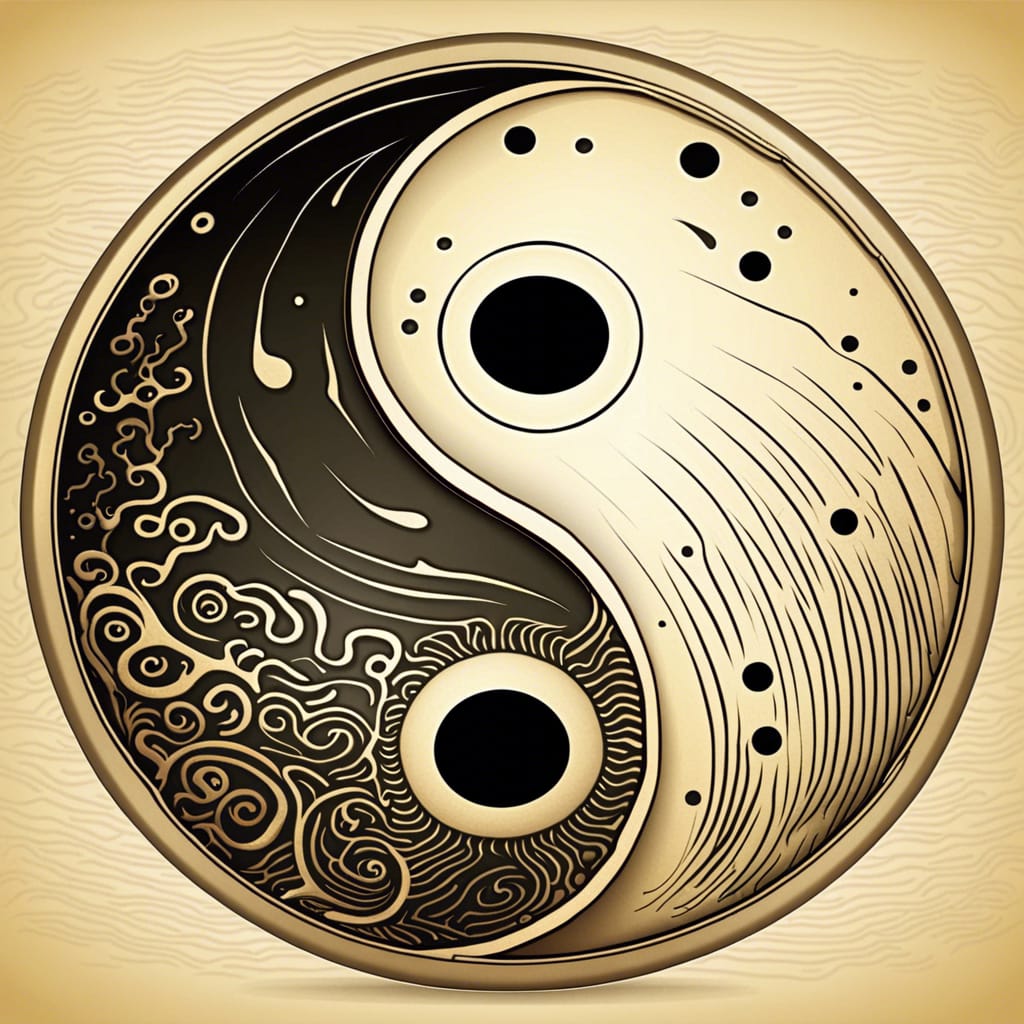
In the vast realm of philosophical thought, two distinct streams have shaped the way we perceive and understand the world: Eastern Philosophy and Western Philosophy. These two philosophical traditions, originating from different corners of the globe, offer unique perspectives on existence, knowledge, and the nature of reality.
While both approaches strive to uncover truth and meaning, they diverge in fundamental ways, encapsulating the richness and diversity of human intellectual inquiry.
Introduction
Philosophy, as a discipline, encompasses a vast array of ideas, concepts, and perspectives on the fundamental questions of existence, knowledge, ethics, and reality. This article aims to delve into the distinctive characteristics of Eastern and Western philosophies, highlighting their cultural origins, central themes, and contributions to our understanding of the world.
Cultural Origins
Eastern Philosophy
Eastern philosophy emerges primarily from the rich cultural tapestry of ancient civilizations in Asia, including India, China, Japan, and the Middle East. These philosophical traditions are deeply intertwined with religious and spiritual practices such as Hinduism, Buddhism, Confucianism, and Taoism.
Western Philosophy
Western philosophy finds its roots in ancient Greece and has evolved through the contributions of prominent thinkers from Europe and North America. Greek philosophers like Socrates, Plato, and Aristotle laid the groundwork for subsequent philosophical movements, and Western philosophy has since expanded to encompass diverse schools of thought, including Rationalism, Empiricism, Existentialism, and Analytic philosophy.
Epistemological Differences
Eastern Philosophy
Eastern philosophical traditions often prioritize intuitive and experiential knowledge. They emphasize direct personal experience, meditation, introspection, and spiritual practices as means of gaining insight and understanding the nature of reality. Concepts such as enlightenment, self-realization, and transcendence are central to many Eastern philosophical systems.
Western Philosophy
Western philosophy, particularly in its modern form, places a significant emphasis on reason, logic, and critical thinking. The Western tradition values empirical observation, deductive and inductive reasoning, and the scientific method as means of acquiring knowledge. Analytical clarity and systematic argumentation play a crucial role in Western philosophical discourse.
Metaphysical and Ontological Perspectives
Eastern Philosophy
Eastern metaphysics often explores the interconnectedness and unity of all things. Concepts such as Brahman (the ultimate reality) in Hinduism, the Tao (the way) in Taoism, and the concept of Emptiness in Buddhism highlight the non-dualistic nature of reality and the idea that individual entities are part of a larger whole.
Eastern philosophy tends to emphasize the impermanence of material existence and the pursuit of spiritual liberation or enlightenment.
Western Philosophy
Western metaphysical inquiries often revolve around dualistic concepts, such as the distinction between mind and body, subject and object, and appearance and reality. Philosophers like Descartes, Kant, and Hegel have explored the nature of consciousness, the existence of God, and the relationship between the individual and society.
Western philosophy has also engaged with the study of ethics, aesthetics, and political philosophy, addressing questions about moral values, beauty, and the ideal society.
Ethical Orientations
Eastern Philosophy
Ethics in Eastern philosophy is often rooted in the concepts of harmony, balance, and compassionate action. Buddhist teachings emphasize the alleviation of suffering and the cultivation of compassion for all sentient beings. Confucianism emphasizes virtues such as filial piety, respect for hierarchy, and social harmony. Daoist ethics encourage one to align with the natural flow of the universe and cultivate inner virtues.
Western Philosophy
Western ethical theories have explored various approaches, including consequentialism (e.g., utilitarianism), deontological ethics (e.g., Kantian ethics), and virtue ethics (e.g., Aristotelian ethics). These frameworks address questions of moral duty, the nature of right and wrong actions, and the cultivation of virtuous character traits.
Bottom Line
The distinction between Eastern and Western Philosophies is not meant to create a binary opposition, but rather to highlight their unique strengths and approaches. Both traditions have enriched our collective intellectual landscape and continue to offer valuable insights into the human condition. As the world becomes increasingly interconnected, there is a growing appreciation for the fusion of these traditions, leading to the emergence of a more global and inclusive philosophical discourse.
Conclusion
Eastern philosophy and Western philosophy offer distinct lenses through which to explore the complexities of existence, knowledge, and ethical conduct. Eastern philosophy, with its emphasis on spiritual enlightenment, interconnectedness, and intuitive knowledge, provides a unique perspective on the nature of reality and the human experience.
Western philosophy, characterized by rigorous analysis, logical reasoning, and empirical investigation, has shaped our scientific, ethical, and political frameworks.
Recognizing the value of both Eastern and Western philosophical traditions encourages a broader, more inclusive understanding of the world, fostering dialogue and mutual enrichment. Ultimately, embracing the diversity of philosophical perspectives enriches our collective exploration of truth and meaning.





